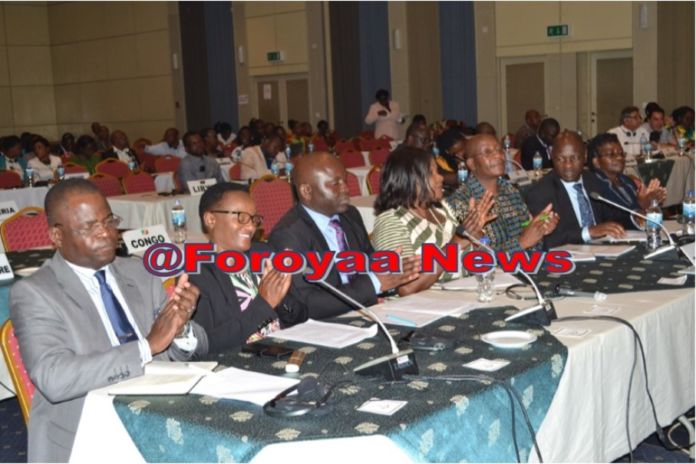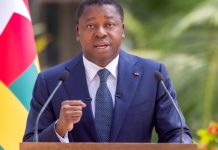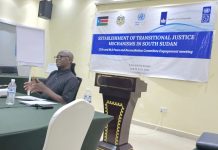By Momodou Jarju
A report by the African Peer Review Mechanism (APRM) finds that many national human rights institutions of Member States of the African Union do not have autonomy or the resources to manage their own affairs.
A representative of the APRM made the deliberation at the ongoing 65th Ordinary Session of the African Commission on Human and Peoples’ Rights held at a hotel in Kotu last Friday.
“Looking at the human rights situation at the national level, the report finds various national human rights institutions lack the necessary autonomy or resources to effectively discharge their mandate,” he said.
The report dubbed “Africa Governance Report 2019” launched this year is bi-annual and the next edition is expected to be out in 2021.
APRM is a self-assessment instrument for good governance and serves as a tool for sharing experiences, reinforcing best practices, identifying deficiencies, and assessing capacity-building needs to foster policies, standards and practices that lead to political stability, high economic growth, sustainable development and accelerated sub-regional and continental economic integration.
The report further finds that many of the Member States have ratified significant human rights instruments particularly that of the African Charter on Human and Peoples’ Rights, but most States have not submitted reports on the implementation of the treaty.
“So it calls upon member states to submit regular report on the implementation of the human rights charter and it also calls upon member states to comply with the decision of the commission and the court,” the report said.
It also calls upon member states to establish and resource the national human rights institutions.
What Happens Following The Report?
The official of the APRM said the next step is to seek to enhance cooperation and collaboration among stakeholders through consultative and inclusive processes.
The official added that APRM is trying “To ensure that there is enhanced governance performance through collective ownership of the report, the effective sharing of best practices and encouraging in the implementation of the recommendations of the report.”
They also plan to embark on a series of activities to popularize, launch and disseminate the report and also work with Member States to establish governance monitoring and reporting systems.
“We also see the member states national governance reports as resources that could be used to produce the next and subsequent editions of Africa Governance Report.”




















